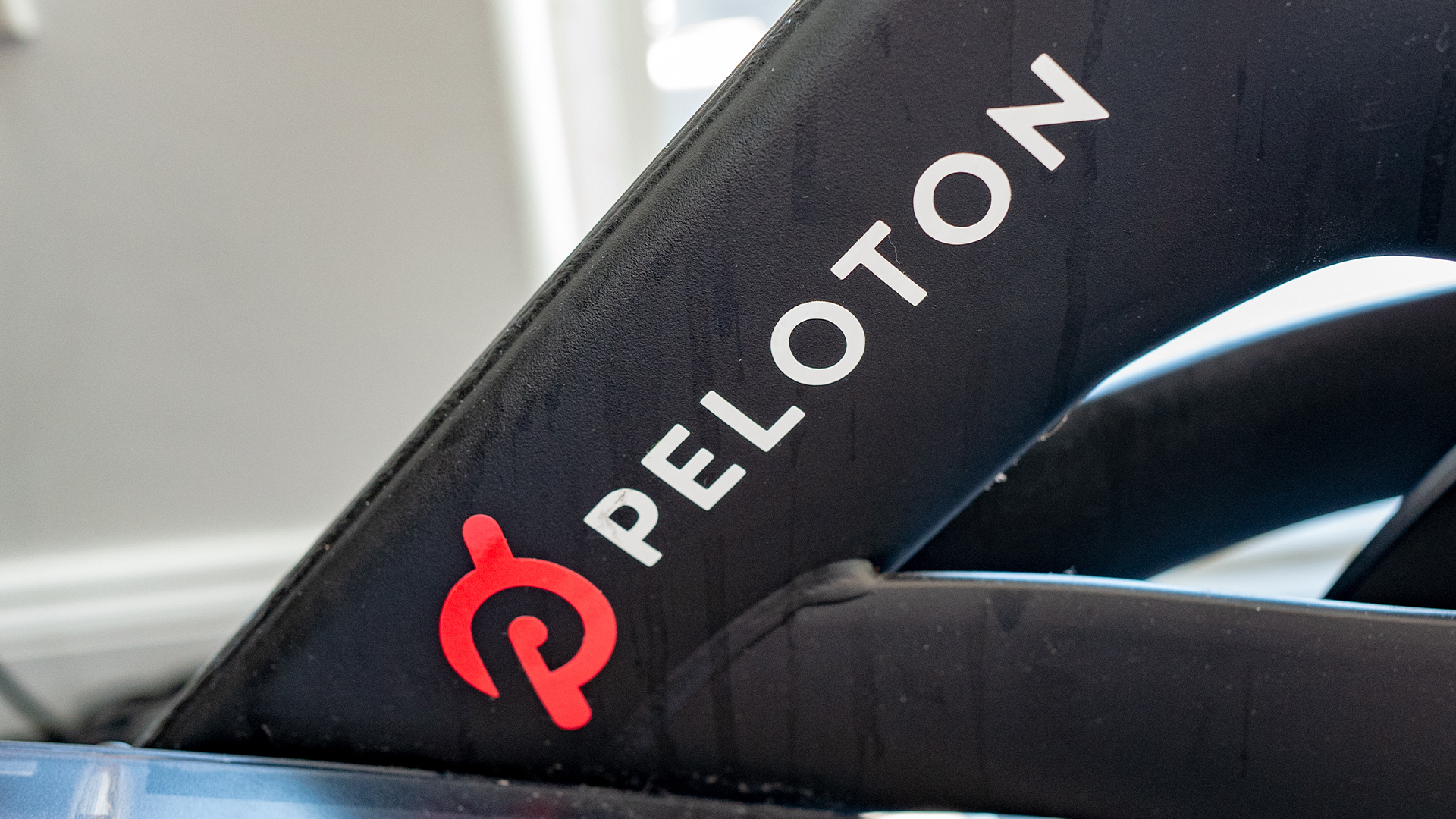Peloton faces lawsuit amid claims it allowed marketing firm to train AI on user chat data
Peloton is accused of allowing marketing firm Drift to read and process data without user consent


Peloton could face court in California over accusations that it allowed a third party to process user chat data, including for training AI, after twice attempting to have the lawsuit dismissed.
The case highlights the legal uncertainty surrounding how companies can gather the huge swathes of data necessary to train AI systems.
In June 2023, legal firm Consumer Advocates filed a class-action lawsuit alleging that chat data between Peloton users and company representatives was processed without permission by AI-powered marketing firm Drift.
Both companies, Peloton and Drift, are accused in the filing as violating the anti-wiretapping California Invasion of Privacy Act (CIPA); though Drift is named, it is not targeted in the lawsuit.
According to one of the filings, Peloton's website has a chat function, allowing current and would-be customers to ask questions to the connected tech workout company.
Those people were not told that chat content was automatically captured by Drift to be stored and analysed. The transcripts were also used to train Drift's AI systems, as it also offers AI-powered chatbots. Beyond the chat text, the Drift system also captured the website visitor's IP address, device type, and other data.
Though Peloton's attempt to have the case thrown out was unsuccessful, the class-action was narrowed from its initial wording to focus on how it allowed Drift to violate the act. Peloton is, of course, allowed to see the content of the chats as one party to the communication, but the complaint is that they were shared without consent.
Get the ITPro daily newsletter
Sign up today and you will receive a free copy of our Future Focus 2025 report - the leading guidance on AI, cybersecurity and other IT challenges as per 700+ senior executives
As the filing notes, the complaint arises from Peloton's "secret integration of third parties’ software to secretly wiretap and eavesdrop on the private conversations of users of the chat features on the website," adding that the intent was to allow Drift to " harvest data for financial gain."
Peloton incident highlights lingering AI trust issues
Acquired by Salesloft in February this year, Drift uses conversational AI for customer service and consumer marketing, using AI to help clients "deliver curated, personalized experiences to every unique buyer in real-time", according to a product announcement from last year.
A report by the company in 2022 predicted trust and perception would be serious challenges for AI in the coming years, while also suggesting companies shouldn't continue to over-rely on declining marketing tools like third-party cookies.
"Companies that don't prioritize a strong first-party data collection strategy are setting themselves back for the near term," Kimen Warner, VP of Product Management at Drift, was quoted as saying at the time.
Warner later added that conversational AI can help build trust with data collection by "empowering customers to willingly 'opt in' and consent to sharing more information about themselves."
RELATED WHITEPAPER

Whether the court agrees that Peloton customers were "empowered" to make a choice about how their data was processed remains to be seen, but Drift is not part of the legal complaint.
The second motion to dismiss has been denied, but questions remain over whether Peloton will file further motions or when the case may proceed.
Peloton has had a rough ride after pandemic lockdowns sent sales soaring. Its share price has fallen from $160 at the end of 2020 to around $3.50 today.
Last year, the fitness-at-home company paid a $19 million fine after safety issues with its treadmills were tied to injuries and the death of a child, while in May, CEO Barry McCarthy stepped down amid job losses.
Peloton and Drift have yet to respond to requests for comment.
Freelance journalist Nicole Kobie first started writing for ITPro in 2007, with bylines in New Scientist, Wired, PC Pro and many more.
Nicole the author of a book about the history of technology, The Long History of the Future.
-
 Bigger salaries, more burnout: Is the CISO role in crisis?
Bigger salaries, more burnout: Is the CISO role in crisis?In-depth CISOs are more stressed than ever before – but why is this and what can be done?
By Kate O'Flaherty Published
-
 Cheap cyber crime kits can be bought on the dark web for less than $25
Cheap cyber crime kits can be bought on the dark web for less than $25News Research from NordVPN shows phishing kits are now widely available on the dark web and via messaging apps like Telegram, and are often selling for less than $25.
By Emma Woollacott Published